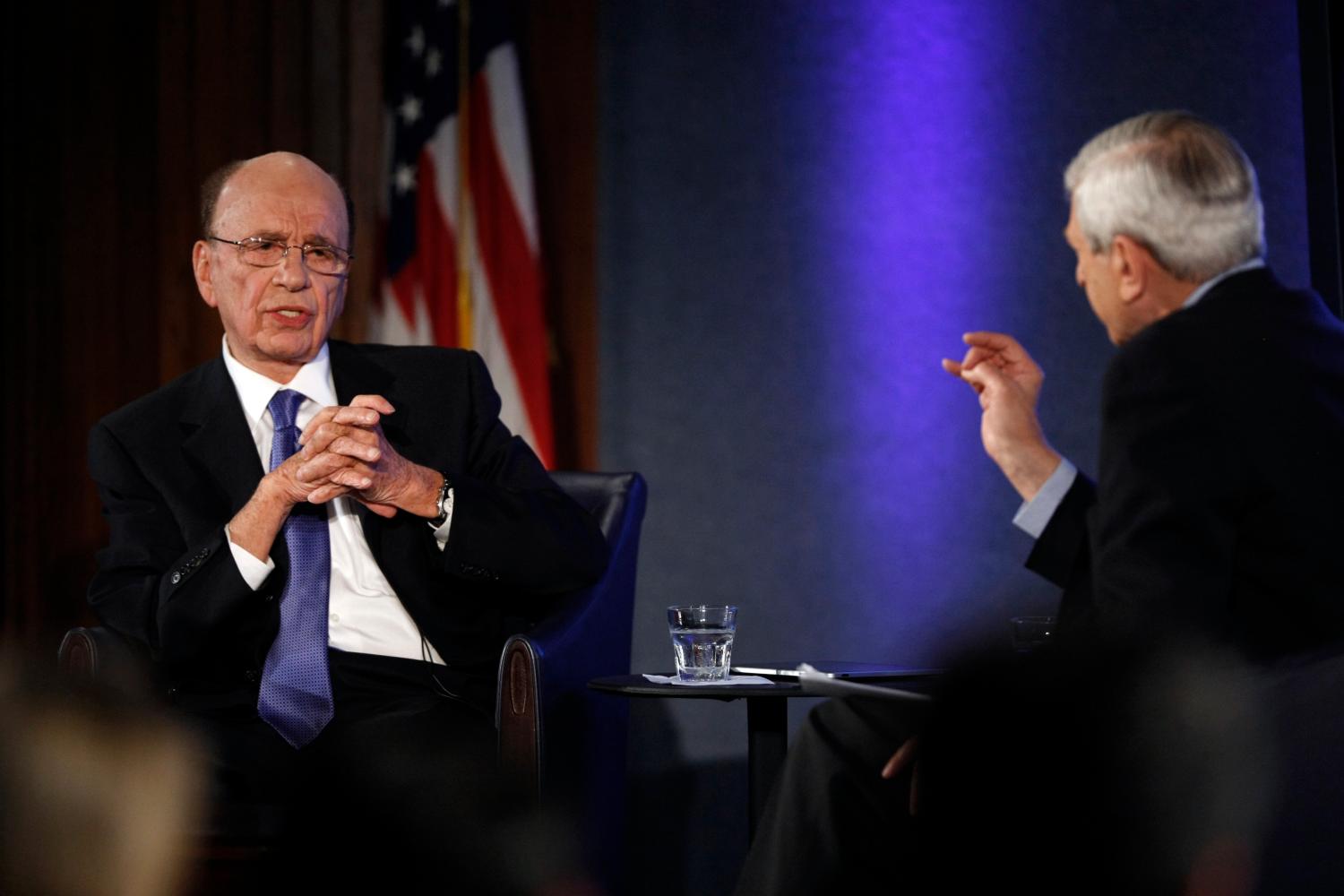The Chinese, at least, had reason to blame their problems on “foreign devils.” At the turn of the 20th century, “foreign devils” were indeed all over Beijing, seeking to expand their privileged positions. But these days, in Moscow and Cairo, those in power (Vladimir Putin in one case and an aging clique of avaricious generals in the other) are obviously trying to cling to their privileged positions by blaming “foreign devils,” mostly the United States, for their problems. Rather than seriously address their people’s desire for greater political freedom and economic opportunity, they are lashing out at the ever so handy “foreign devil,” namely, the United States.
Putin has clearly hit a big bump in the road in a series of eye-opening popular demonstrations. Tens of thousands of Russians, in Arctic cold weather, flooded Moscow over the weekend, demanding in effect an end to Putin’s reign of oppressive autocracy. Putin’s answer: a pathetic pro-Putin counter-demonstration, plus a chorus of orchestrated media criticism of the United States, especially Secretary of State Hillary Clinton and increasingly the new U.S. Ambassador Michael MacFaul. In Soviet tines, the major newspaper was called “Pravda,” the Russian word for “truth,” but disgruntled Russians often joked that there was no “truth” in “Pravda.” Likewise, now, many Russians do not believe Putin and suspect his crude policies are designed to protect his grip on power, diminishing though it be.
Cairo is no different in this respect, though in the past year Egyptians had reason to believe that they had ousted Hosni Mubarak from power and, with him, his buddies: all generals with a powerful desire to hold on to their economic privileges. What Egyptians find, however, is that the generals have apparently changed their minds and, in unison with the ascending Muslim Brotherhood, the dominant power in the new parliament, have begun to crack down on “foreign devils” of their own—namely, a handful of U.S. funded organizations that train Egyptian politicians and parties in democratic development and governance. These organizations, including the International Republican Institute and the National Democratic Institute, have important friends in Washington: Senator John McCain (R-Arizona) and former Senator Tom Daschle (D-South Dakota).
One spokesman for the Muslim Brotherhood explained Cairo’s crackdown on these organizations. “They are paying money to some youth to incite violence and make riots everywhere,” he said. “The foreign hands are very clear.” Among the “foreign hands” is the son, Sam, of Transportation Secretary Ray LaHood, who has been denied permission to leave Cairo.
One upshot of the crackdown is the strong possibility that the substantial U.S. aid program to Egypt, roughly $1.3 billion in military aid every year, may now be suspended—not because the Obama administration wants to punish Egypt but because it is now mandated by Congress to prove that Egypt is protecting “freedom of speech, association and religion and due process of law,” which, in the face of the crackdown, it can no longer do.
So, Egypt, like Russia, identifies “foreign hands,” so painfully reminiscent of China’s old “foreign devils,” to explain to its people why it is committing political suicide. For such a long time now, regimes that are losing their legitimacy have pointed to “foreign devils” to explain their foolish, short-sighted decisions and actions. Need a scapegoat? Point to a “foreign devil,” and of late the United States has often been so handy. But do these leaders in Cairo and Moscow really believe that in this age of social networking and Internet globalization they can get away with such transparent gobbledygook?
The Brookings Institution is committed to quality, independence, and impact.
We are supported by a diverse array of funders. In line with our values and policies, each Brookings publication represents the sole views of its author(s).



Commentary
America: The Ever So Handy “Foreign Devil”
February 7, 2012